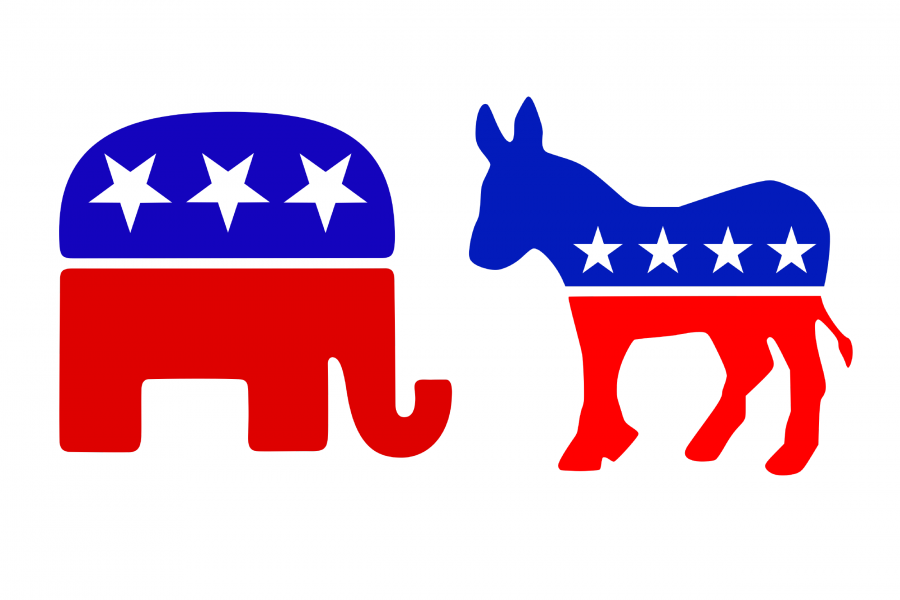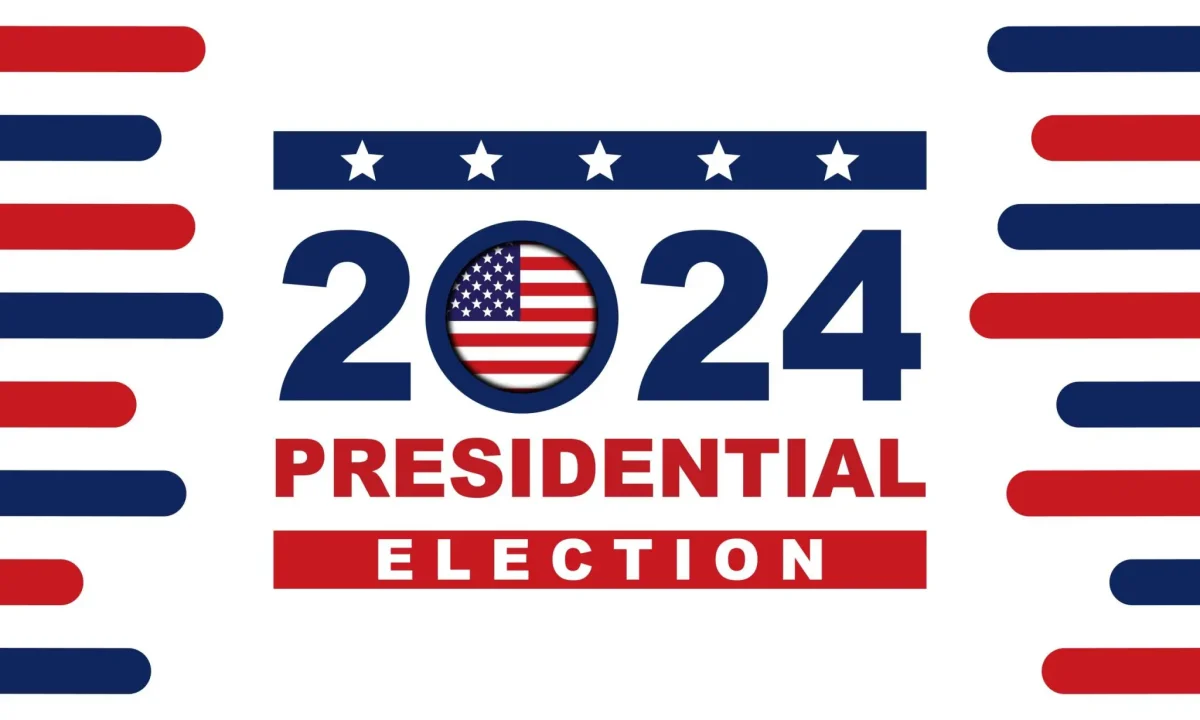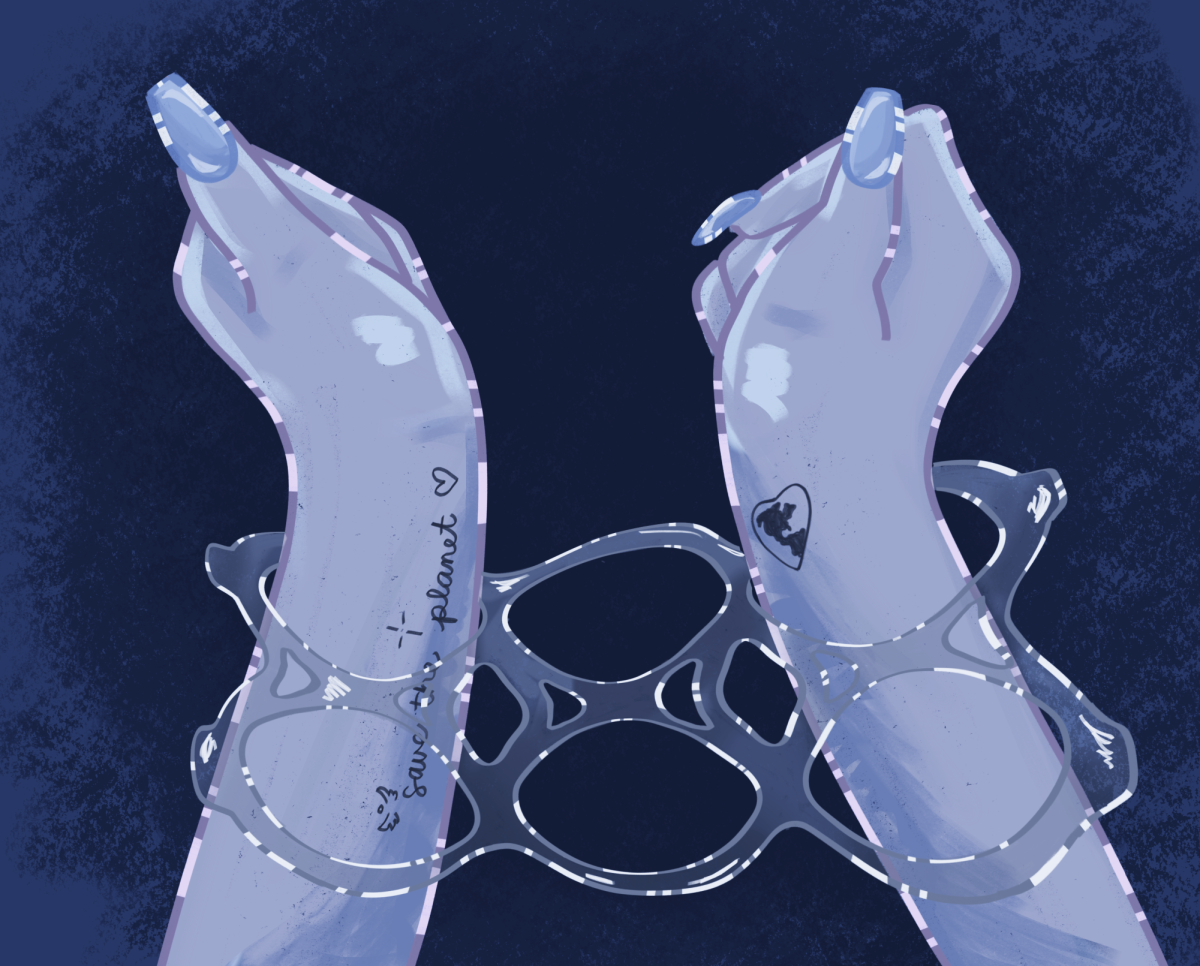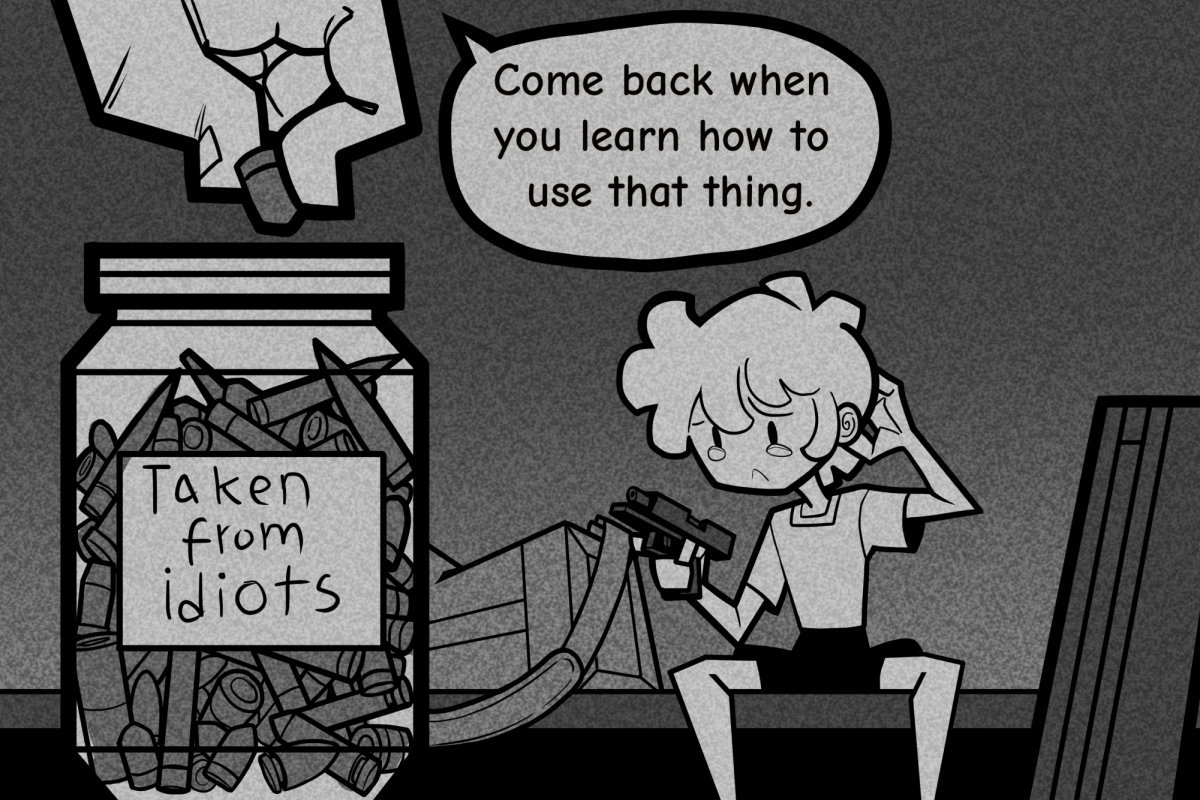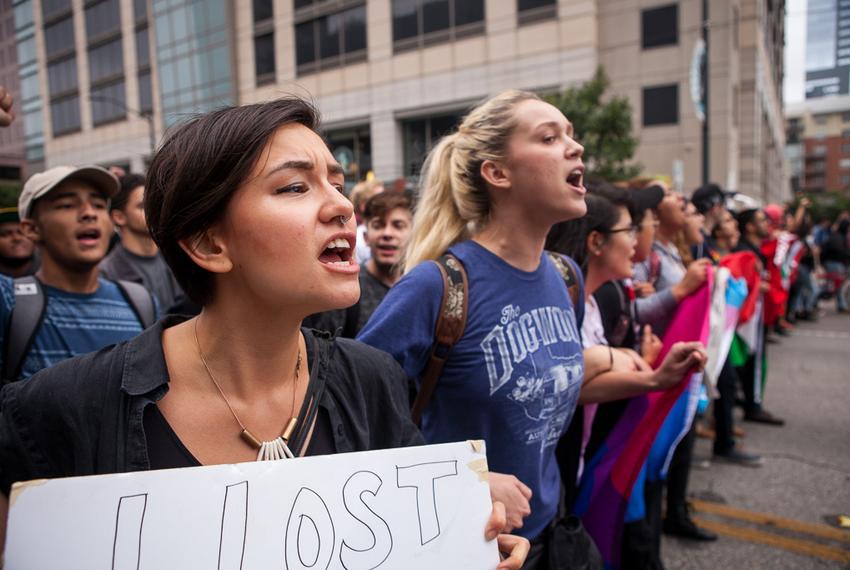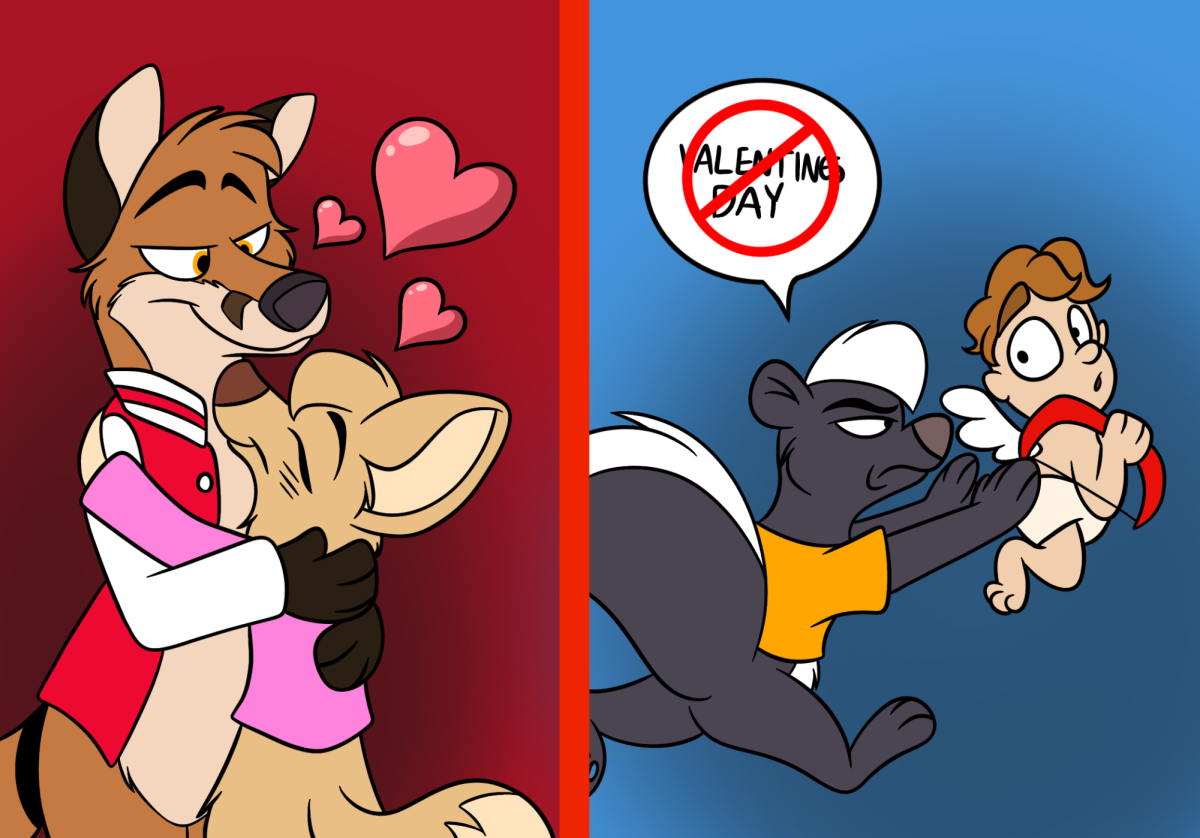By David Silva
What do you have in common with a Trump supporter?
No, I’m not comparing you to your misguided uncle or someone who reluctantly voted for him. No, you have something in common with a MAGA hat wearing, build-that-wall chanting, and fake news sharing die-hard supporter.
Both of you think the country is going to down the drain.
And both of you think each other is the reason for it.
And both of you are right, to an extent.
Putting specifics aside, there’s a large aspect of American life and political discourse that has been under attack and deteriorating for a very long time: respect for the other.
You may be thinking “Hell yeah! They show no respect for anyone but people who look like them.” Or you may be thinking about that Facebook post you saw of some guy yelling at a poor Middle Eastern family at a restaurant.
Despite how disgusting these realities are, you and I are a part of the problem too.
Not a part of the problem because we demean people for their race or religion or sexual orientation (hopefully), but a part of the problem because we drive the divide between ourselves and those who express different political positions.
It’s difficult in our increasingly isolated ideologies, as traditionally conservative and liberal communities further separate in lifestyles, to coexist with someone who believes that our beliefs or even our being is fundamentally wrong.
We place conservatives in a bubble, block people from Facebook and jokingly poke fun at “yeehaw” culture. We’re allowing our differences to make a certain type of person “the other.”
However, even as the line in the sand seems to be more and more defined as the days pass, we’re all consistently changing. We formulate our beliefs based on information and experiences, and new information will arise and experiences will change.
This means that individuals, particularly those closer to the ideological center, are still open to political conversation and discussion and do not program every one of their beliefs along the traditional ideological lines.
And these changes further solidify when we begin to question the things we think are true, either vocally or not.
And in those conversations, whether they deal with immigration, abortion, climate change or the economy, respect is necessary for them to be effective.
Listening is important. Doing the best you can to understand another person’s perspective is important, no matter how shocking or foolish it initially seems. Talking not simply to respond is important.
Dismissing anyone’s point of view because you think they lack the credentials is dangerous.
Consider yourself an advocate for change, not only on a large scale, not only through policy and demonstration, but also through talking to people, listening, compromising.
Then these conversations can build into understanding “the other’s” perspectives and that person understanding you. Their lifestyles and yours are no longer a one-dimensional assumption.
There are people in this country who are beyond reason or discussion. Don’t be that person.
Fight firmly for what you believe in, but solidify your views by questioning them and introducing yourself to ideas and people that are contrary. In that way you’ll see the gray areas and will be ideologically diverse.

